For optimal gut health, a healthy gut microbiota is required for proper food digestion as well as for nutrient absorption (list of best foods for gut health) and toxin removal.
Serious issues may arise if your gut microbiota is lost. Bloating, inflammation, numerous skin issues like acne, even diabetes, poor sleep, reduced levels of happiness, and obesity that is related to sex are some of issues intestinal fitness.
So, what is the secret to a healthy gut? To encourage the growth of beneficial bacteria, concentrate on eating a diet high in probiotics and fermented foods.
The greatest strategy to increase metabolism and provide the digestive system a healthy shift is to eat the list of best foods for gut health in the following.
Contents
List of best foods for gut health
1. Yogurt- Kefir is good for gut health
Yogurt is a fantastic food for improving gut health. Yogurt that is full-fat and sugar-free contains a lot of probiotics. Yogurt’s probiotics assist in eliminating dangerous bacteria and fungus. Irritable bowel syndrome symptoms are helped with helpful probiotics. Additionally, there are advantageous enzymes that aid in the reduction of bloating, diarrhea, and constipation.
Similar to yogurt but with more liquid is kefir. Kefir normally has at least 10 different types of living bacteria, which is what makes it so beneficial for your digestive system. Kefir has higher concentrations of live cultures, or probiotics, which have been proven to be extremely beneficial for the body’s immunological and digestive systems. Probiotics shield you from harmful germs that can get into your system through colds, hot flashes, and foodborne infections. After consuming kefir, the digestive system will feel better.
2. Sprouted Cereals
Because they are simpler to digest, sprouted grains are healthy for the entire body. Because sprouted grains neutralize anti-nutrients such phytic acid, the absorption of nutrients in sprouted grains is significantly increased. A naturally occurring compound called phytic acid is present in seeds and grains. It binds with minerals including calcium, iron, and zinc to stop their absorption in the small intestine. Compared to other refined flours, sprouted seeds offer more biologically active nutrients.
Additionally, sprouted grains are higher in nutrients like protein and lower in carbs and fat than whole grains.
3. Apple Cider Vinegar
Apple cider vinegar is regarded as a beneficial substance. It aids in the production of HCL, a necessary stomach acid that aids in the digestion of fats, carbs, and proteins. Because of the probiotics and amino acids, this helps with weight loss and also lessens irritable bowel syndrome and acid reflux.
4. Kombucha tea
Don’t discount kombucha just because Whole Foods removed it from its shelves because of its naturally occurring alcohol content. Since it’s made by the fermentation of sugar in tea by bacteria and yeasts, kombucha is not only the healthiest way to get high, but it’s also probiotic-rich, meaning it sits in the list of best foods for gut health.
5. Kimchi
One of the many fermented meals that is high in probiotics is kimchi. It’s excellent for keeping the digestive system in motion. People with stomach and intestinal pain, inflammation, leaky gut syndrome, or other bowel-related conditions can benefit particularly from kimchi.
Eat more fermented foods and beneficial bacteria to improve the bacteria in your gut, which is necessary for a healthy immune system.
6. Garlic bulbs
7. Salmon
Salmon should be natural and not farm-raised to reap the greatest benefits. Omega-3 fatty acids, which are potent anti-inflammatory substances and are essential for healing an inflamed gut and preventing subsequent episodes, are abundant in salmon.
8. Collagen
One of the biggest proteins in the body is collagen. Daily collagen supplementation is necessary to both treat an irritated gut and slow down the aging process on the inside as well as the outside. By include some collagen protein in your daily coffee, soup, or smoothie, you can increase your collagen levels.
9. Bone broth
The bones and marrow of a chicken or beef are used to make bone broth, which is simmered for 24 to 72 hours. One of the world’s most nutrient-dense foods is broth, which contains minerals.
These vitamins and minerals, such as L-glutamine, aid in the repair and lining of the small and large intestines. This kind of food has the ability to treat intestinal food intolerance and irritable bowel syndrome.
10. Onions
Onion fiber encourages healthy digestion and aids in regular bowel motions. Additionally, oligofructose, a specific form of soluble fiber found in onions, helps the development of healthy bacteria in the digestive system. Different types of diarrhea can be prevented and treated with oligofructose. In addition to scavenging free radicals, onions contain phytochemicals that may lower the risk of developing stomach ulcers.
11. Foods rich in fiber
The diet should include more high-fiber foods including apples, raspberries, almonds, chickpeas, lentils, black and lima beans, and artichokes. These foods are rich in fiber, which facilitates proper digestion, aids in preventing constipation, hemorrhoids, and other digestive disorders. Diabetes, heart disease, and weight gain can all be avoided with fiber.
12. Miso
Because miso often contains a lot of sodium, you should only eat it occasionally. Studies have revealed that it has a different effect on our cardiovascular system than the majority of other high-sodium diets. It’s a fantastic source of fiber and protein, and it’s also high in probiotics, which means it can help alleviate digestive issues.
Conclusion
Including our list of best foods for gut health in your daily diet is a great approach to improve both your overall health and the health of your gut microbiota.
Additionally, remember to hydrate yourself well throughout the day. Water not only keeps your digestive system and the rest of your body functioning properly, but also enables fiber to do its work in your gut.
Please read: http://bestopsmart.com/top-things-to-do-in-phnom-penh-cambodia.html


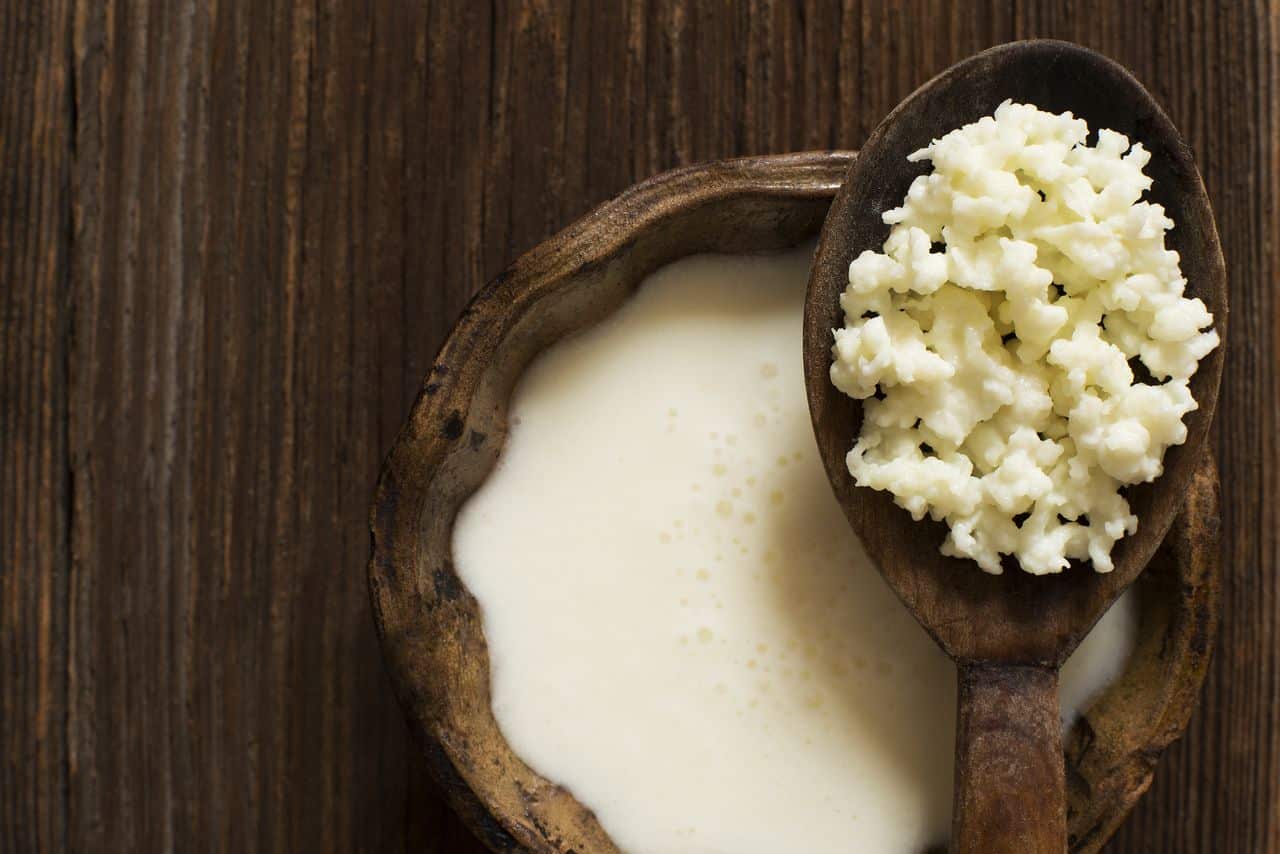
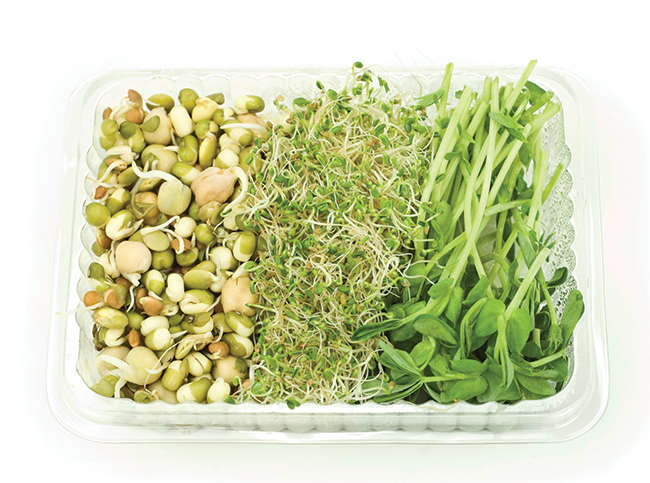
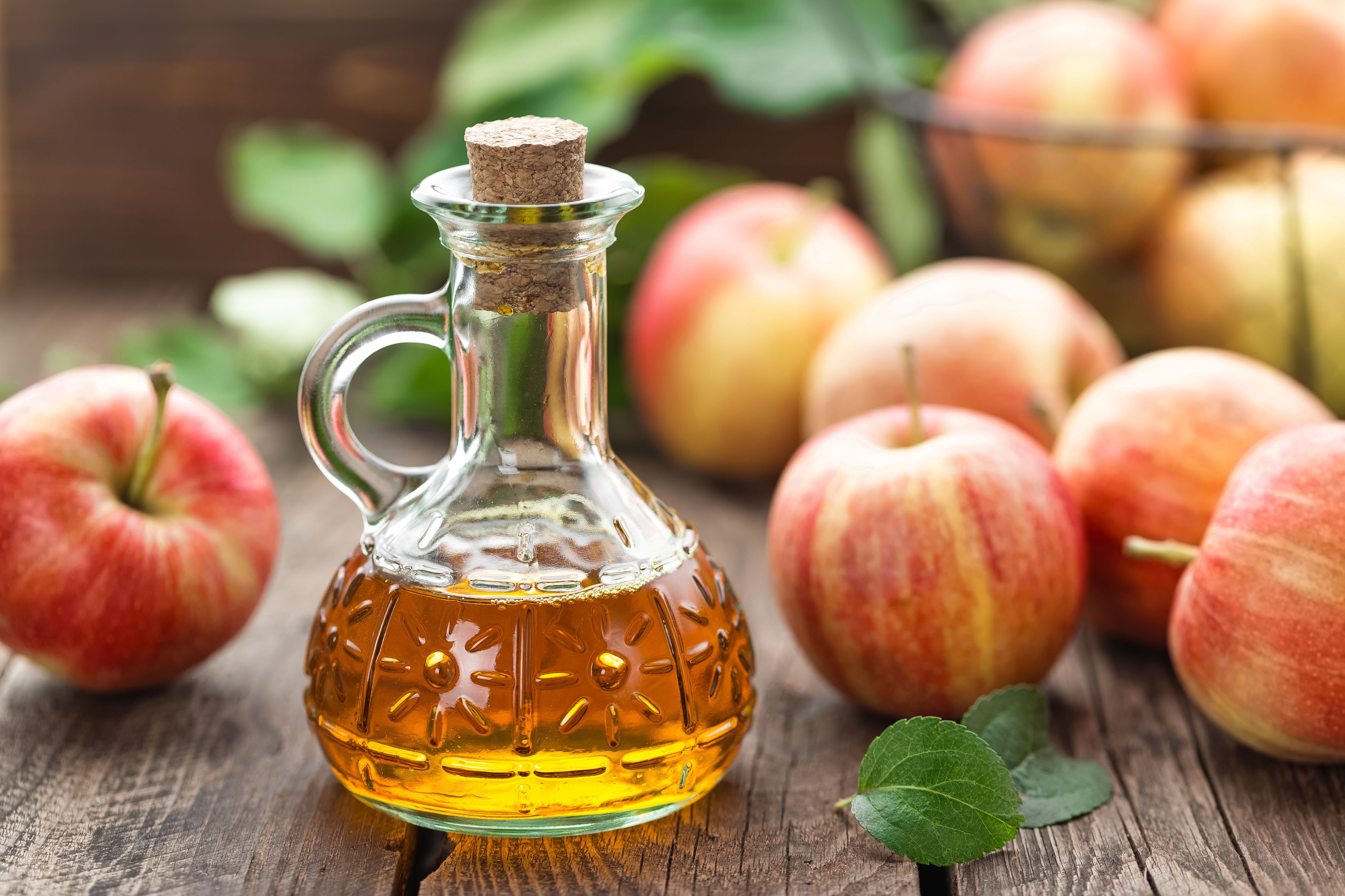
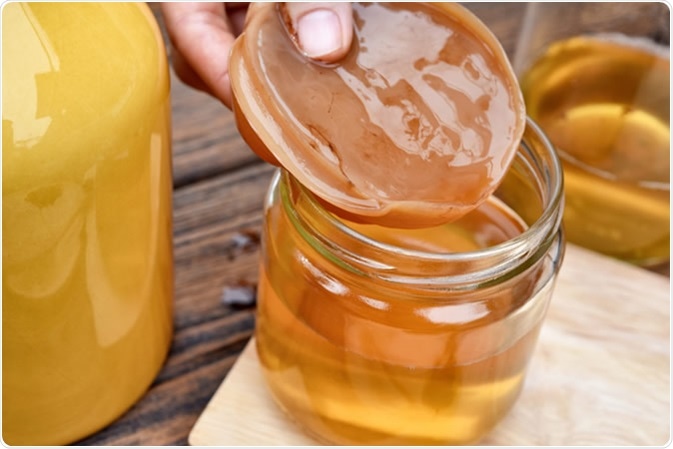
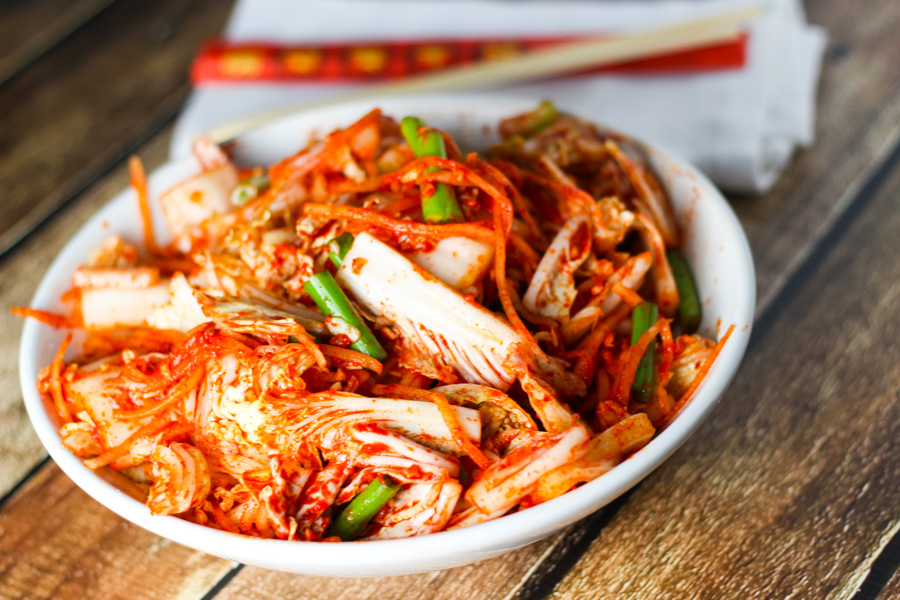
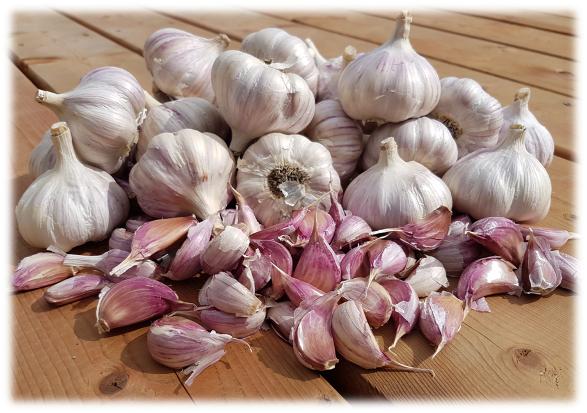

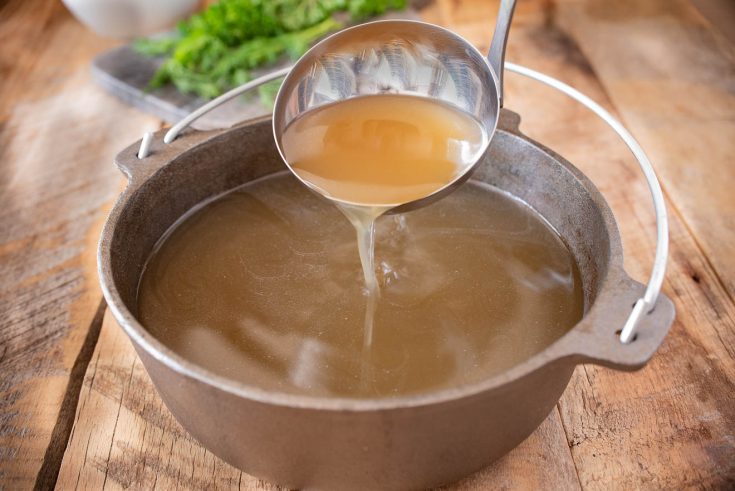
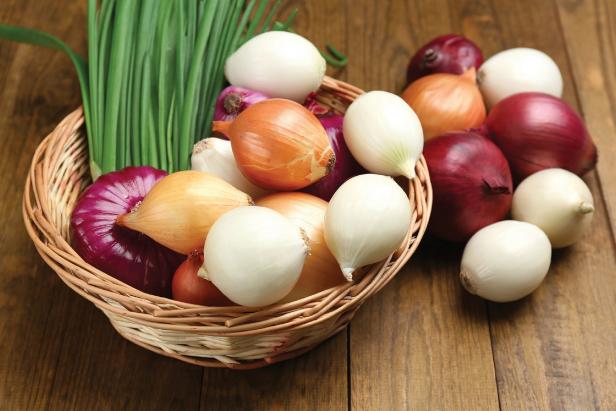
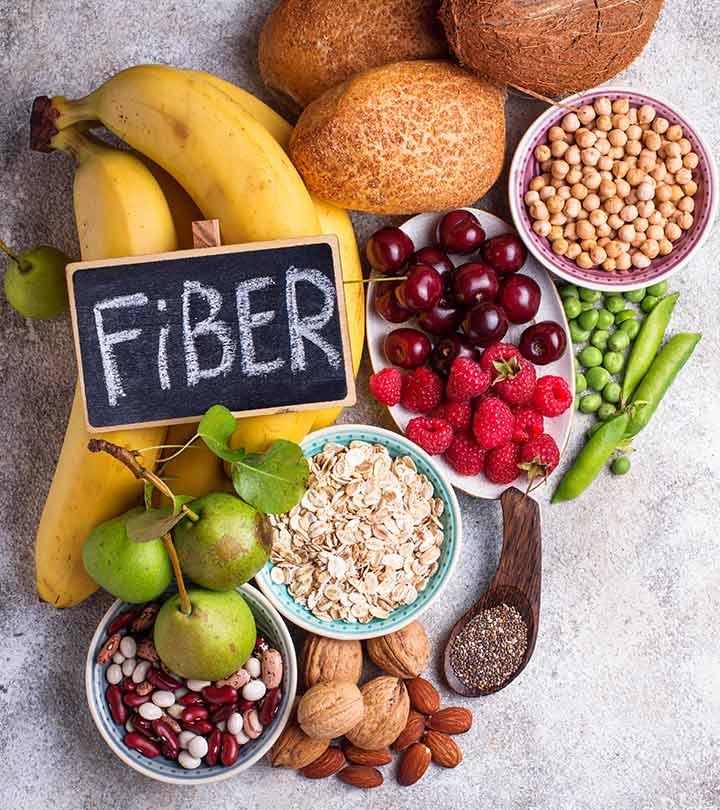
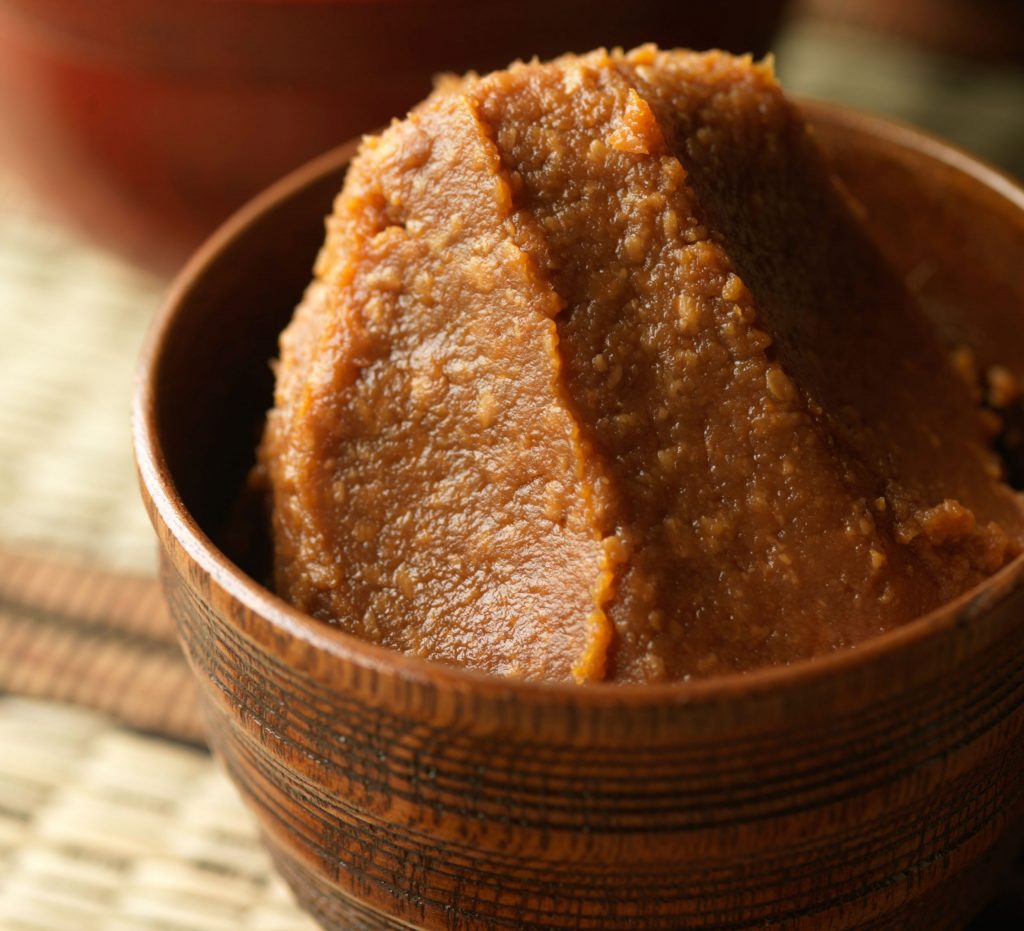



Leave a Reply